PANDAS by it's name is an Autoimmune Disorder
What I have found interesting is that in it's name, Pediatric autoimmune neuropsychiatric disorder associated with streptococcal, it says autoimmune. And yet I don't see doctors recommending an autoimmune approach to nutrition. We know if you have one autoimmune disease, you are highly likely to have a second.
Group B strep (group B streptococcus or GBS) is a common bacteria present in the vagina of about 1 in 4 women and we really don't know a lot about it, other than it can cross the placenta or be passed during birth. They do a third trimester check, and then the answer they have is to give antibiotics to kill all the good things before birth. Breast milk sugars can act as anti-biofilm agent and stop that infection better than antibiotics and protect the baby. Wonder why wet nurses we so dearly loved in years gone by? This sugar is the glacto-oligosaccharides, (GOS) When we instead get GOS obtained from cow’s milk lactose they are generally not suitable for those suffering from autoimmunity or lactose intolerance.
To fill this gap, the new science is to create plant-based GOS, which you can actually get from legumes (beans, peas, chickpeas, soybeans and lentils ... all of course non-gmo). I am betting we will see it in more products in the near future.
They actually tested at Vanderbilt University if those milk carbohydrates from breast milk are protective against group B strep. They just took the breast milk and didn't even test to see if the women had group B strep.
“When bacteria want to harm us, they produce this gooey protective substance called a biofilm, which allows them to thwart our defense mechanisms,” Townsend says. “In the initial study, the sugars from one mother’s milk killed nearly the entire colony. Another milk sample was moderately effective, while the remaining three showed diminished activity.”
In the current study, his team members are testing more than a dozen additional milk samples to see if they can replicate their first round of results. So far, two samples have shown activity against both bacteria and biofilms; two just worked against bacteria but not biofilms; and four helped fight biofilm formation but not bacteria. Six were relatively inactive against both. Preliminary data also suggest that some mothers produce milk sugars that make the bacteria more susceptible to common antibiotics, including penicillin and erythromycin. If these results bear out through future studies, these sugars could potentially become a part of an antibacterial treatment for infants or adults. They could also help reduce our dependence on some common antibiotics, Townsend says.
“The great thing about these sugars,” he adds, “is that if they’re safe for babies, they should be safe for everyone.”
They also have shown that infants with dermatitis and toddlers with new-onset obsessive-compulsive symptoms and/or tics are a pre-symptom of PANDAS, and yet they aren't even watching for it. It is the parents that put the signs and symptoms together.
They also recently tested thyroid function abnormalities, specific celiac disease antibodies, and positivity of organ- or nonorgan-specific autoantibodies in a large cohort of Caucasian children and adolescents with PANDAS. The frequencies of subclinical (3.8% vs 3.6%) and overt hypothyroidism (1.2% vs 0%), autoimmune thyroiditis (2.46% vs 1.14%), celiac disease (1.2% vs 0.05%), and positivity of organ- and nonorgan-specific autoantibodies (5.1% vs 4.8%) in six year old kids. And yet they are still not talking about it.
We know that all of these autoimmune diseases do much better with no gluten, no dairy, and high levels of plant based omegas, and perhaps now we may have to rethink this anti-legume society that we've created.
Just my "tiny" info vent. LOL!!! But another reason I think all kids and parents should do a shred to see how it impacts the way their body feels as a little test.


.png)




























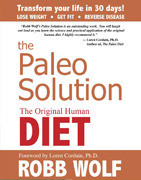

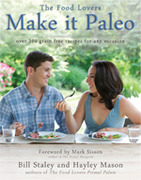
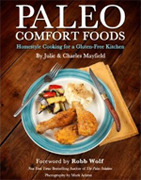


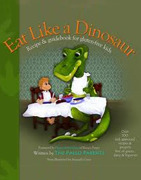
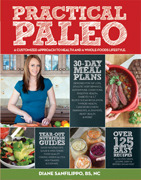
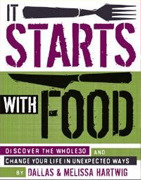
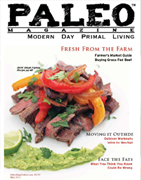
0 comments:
Post a Comment